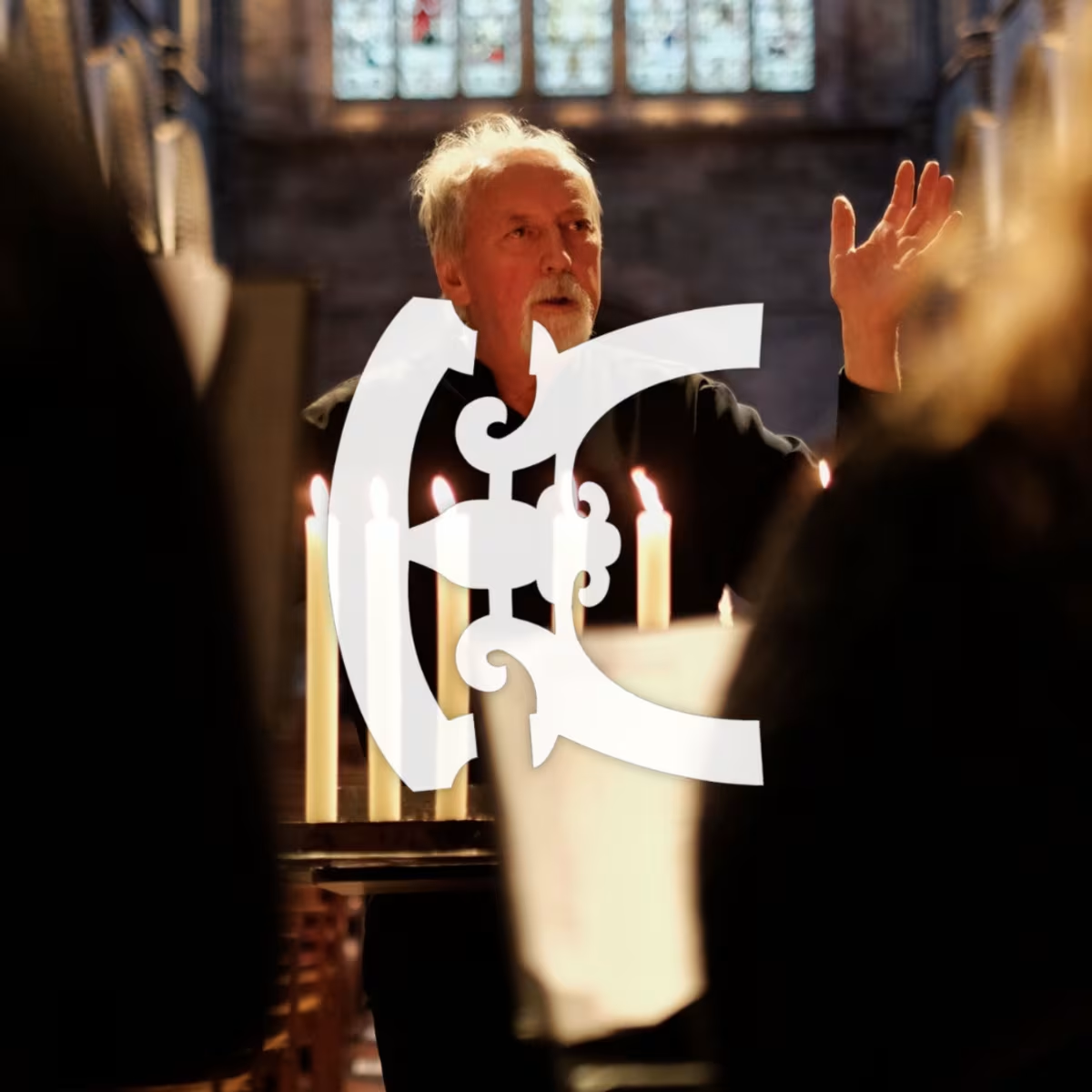Recording
Maurice Greene: Jephtha
Share this

FIRST PUBLISHED 25 APR 2025
Christian Curnyn, renowned conductor and founder of the Early Opera Company, directs his forces in the premiere recording of Maurice Greene's rarely-performed masterpiece, Jephtha. The orchestra and chorus were joined by a dazzling cast of soloists: Andrew Staples takes the titular part, joined by Mary Bevan, Michael Mofidian, and Jeremy Budd.
Little-known today, English composer Maurice Greene (1696-1755) was one of the most successful English musicians during his time. By 1730, he was working as organist at St Paul’s Cathedral, Organist and Composer to the Chapel Royal, and was Professor of Music at the University of Cambridge. He was appointed Master of the King's Music in 1735. However, the looming presence of Handel in London during these years played a significant role in Greene's relative obscurity. Composed in 1737 at the height of his power, Jephtha is Greene's second oratorio, written 14 years before Handel's masterpiece of the same name, telling the story of the commander to lead the Israelites in their military campaign against the Kingdom of Ammon: he vows to God, in exchange for victory, to sacrifice the first person from his household he encounters on his return.
The album is available to purchase on the Chandos Chaconne label and to stream on Spotify or Apple Music. This recording project was supported by a grant from Continuo Foundation.
This project was supported by a grant from Continuo Foundation
Supported by Continuo Foundation
Share this
Keep reading

Bellot Ensemble | Cavalli: ‘Delizie, contenti’
Bellot Ensemble and tenor Kieran White perform ‘Delizie, contenti’ from Francesco Cavalli's 1649 opera, 'Il Giasone' on the album, ‘Cupid's Ground Bass.’

Jeffrey Skidmore: Playlist
In this playlist, Jeffrey Skidmore reflects on what Ex Cathedra have performed and recorded, as well as what continues to shape their musical identity.

Beethoven revisited
Violinist Jacqueline Ross reflects on her evolving relationship with the composer’s violin sonatas, and her research-led project, ‘Beethoven Revisited’.



